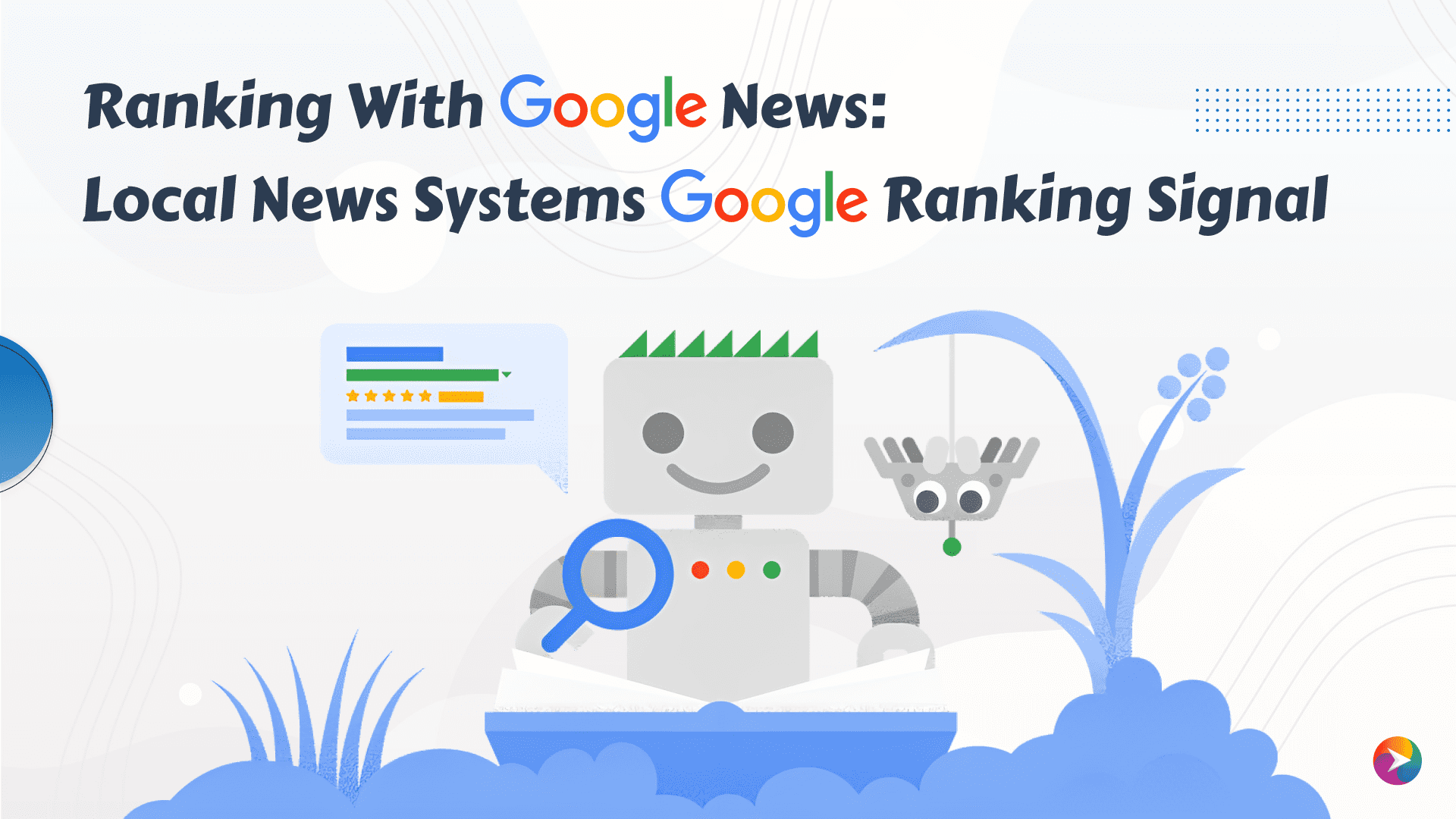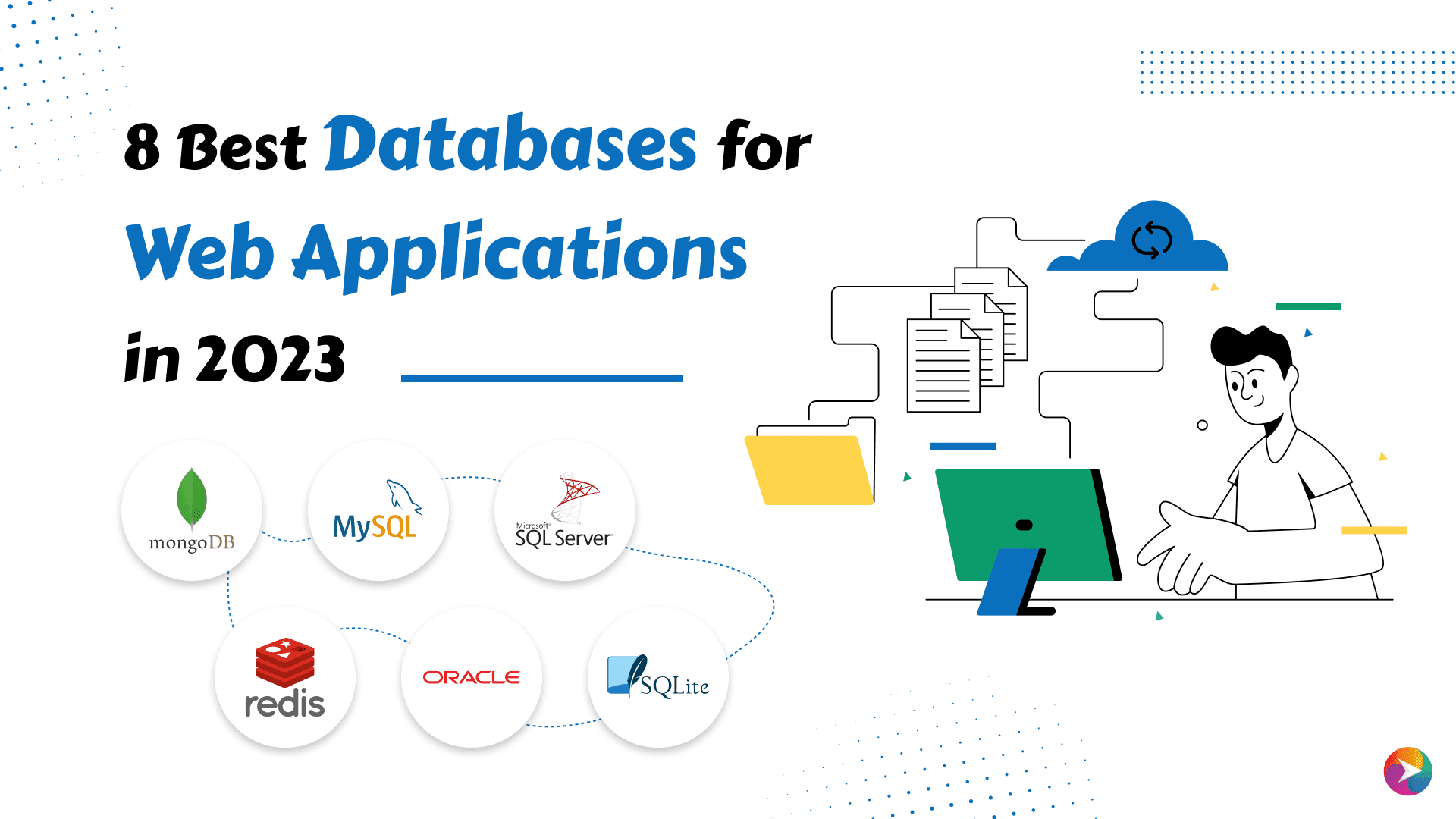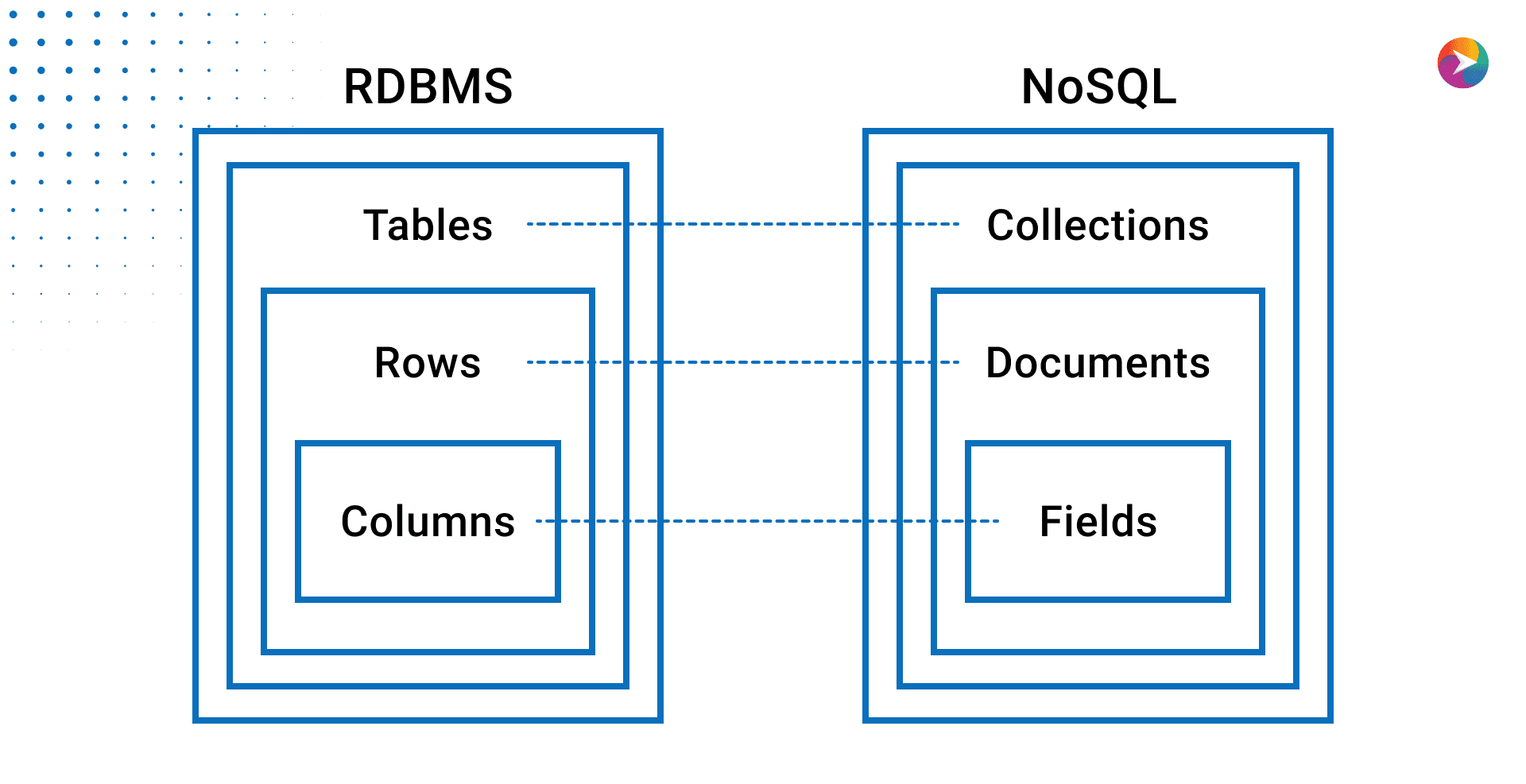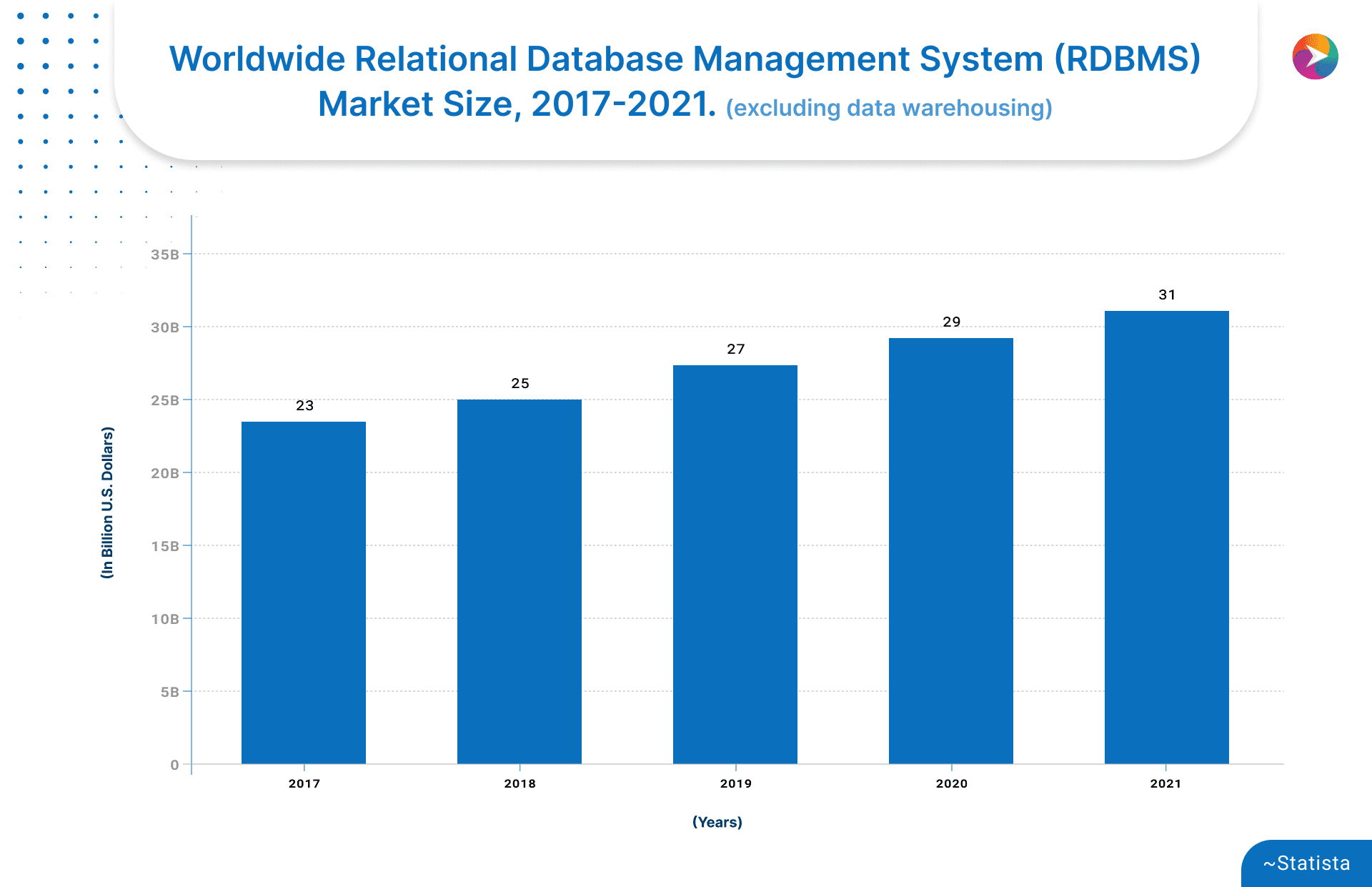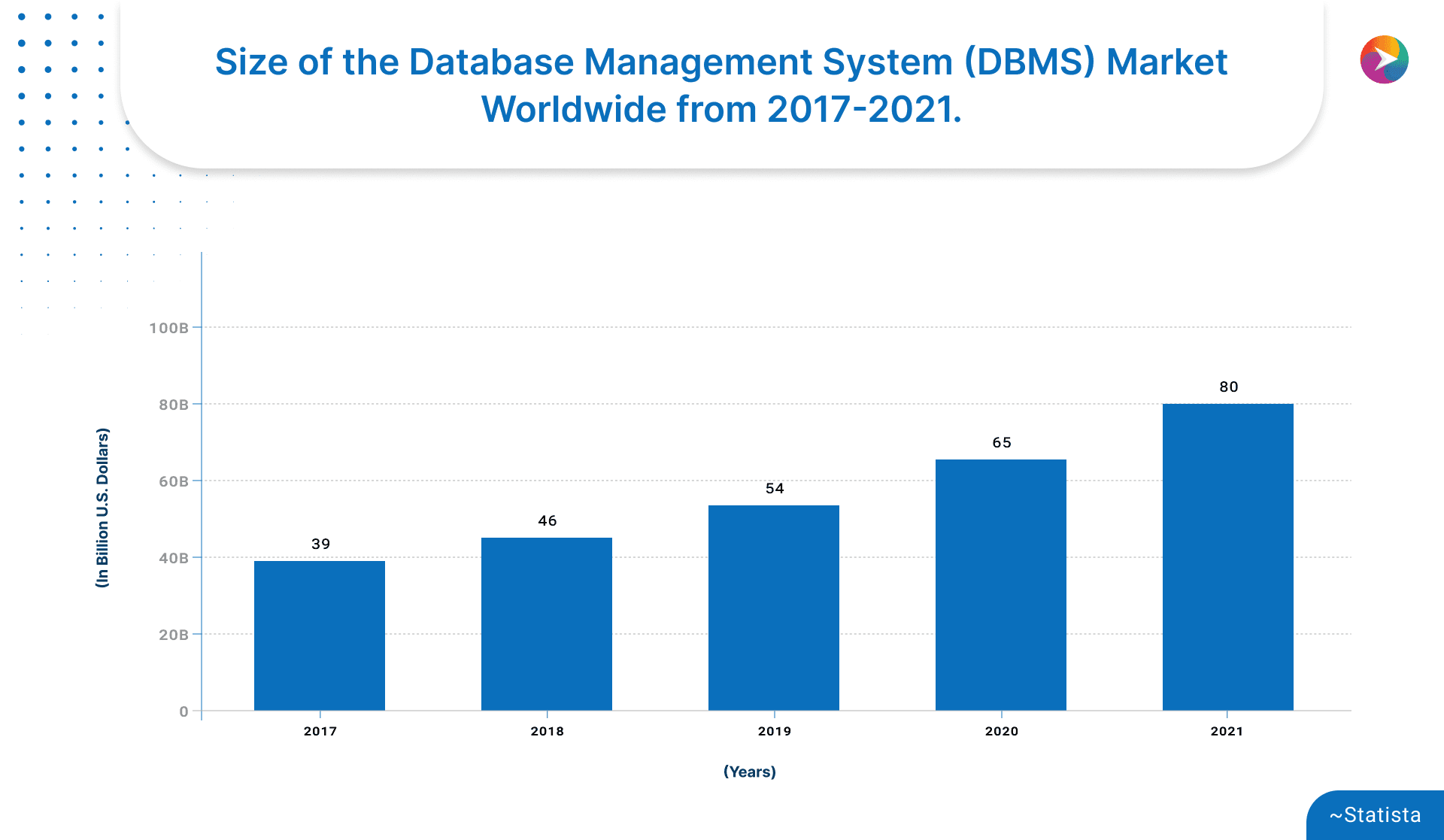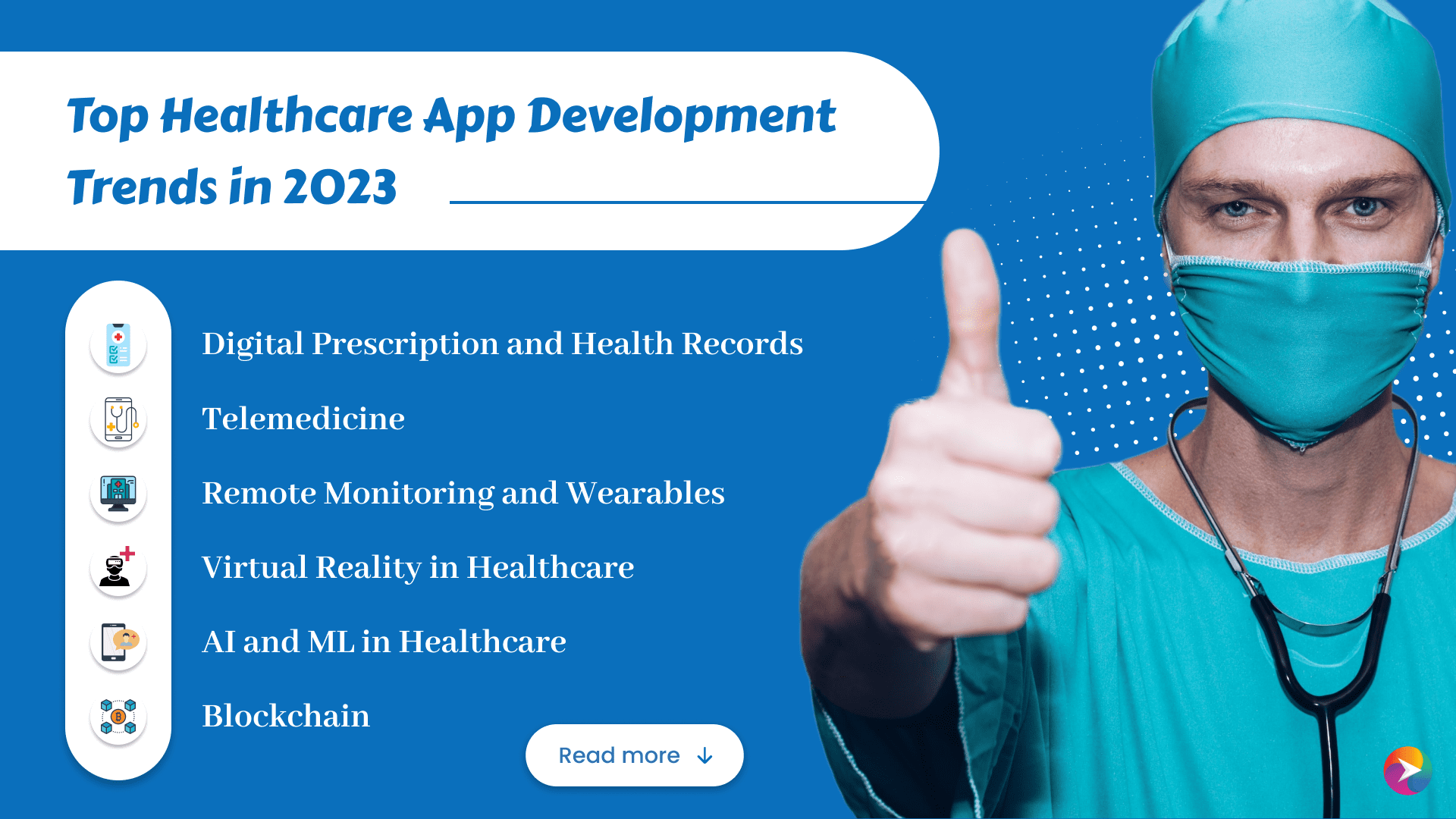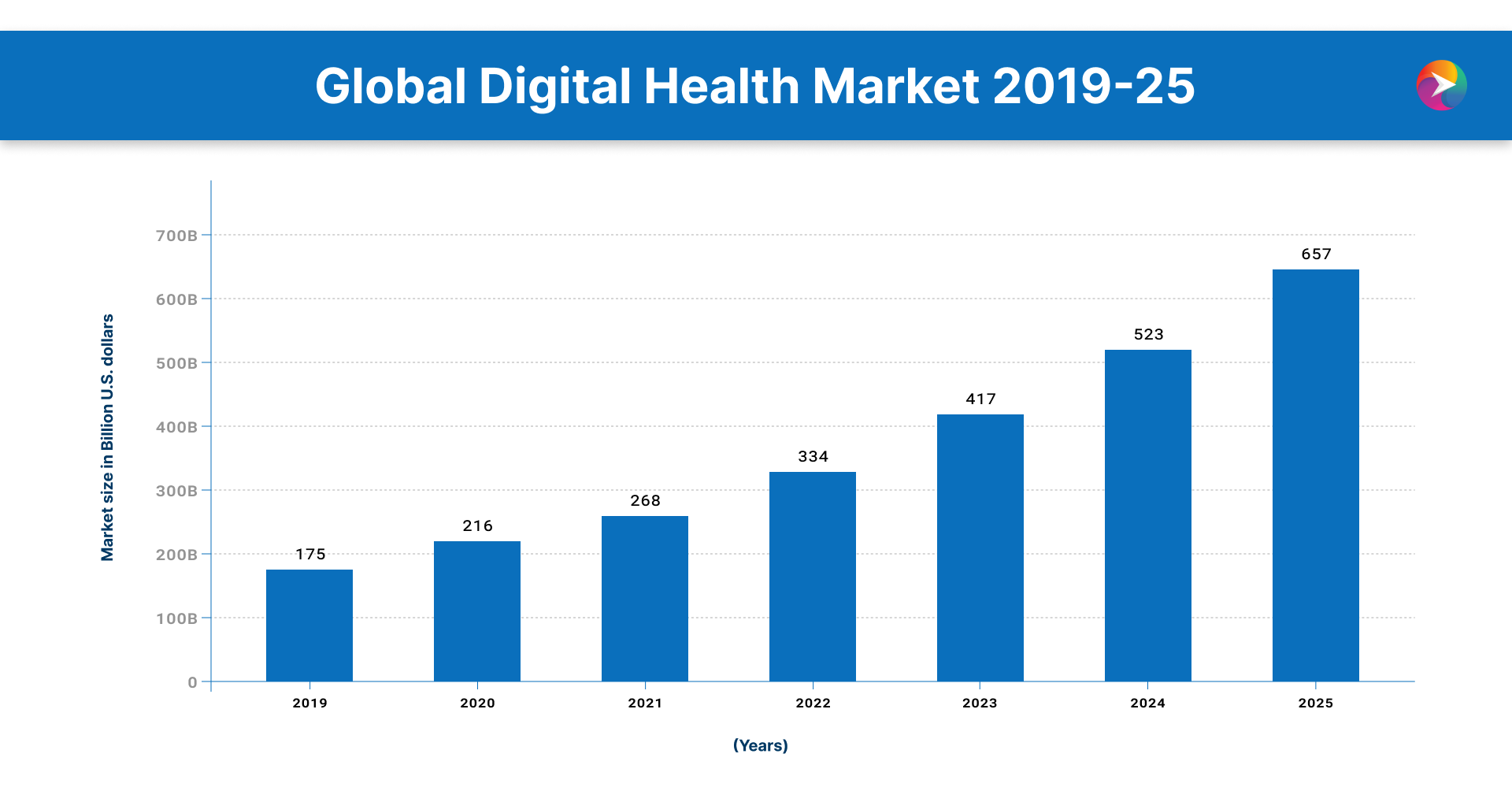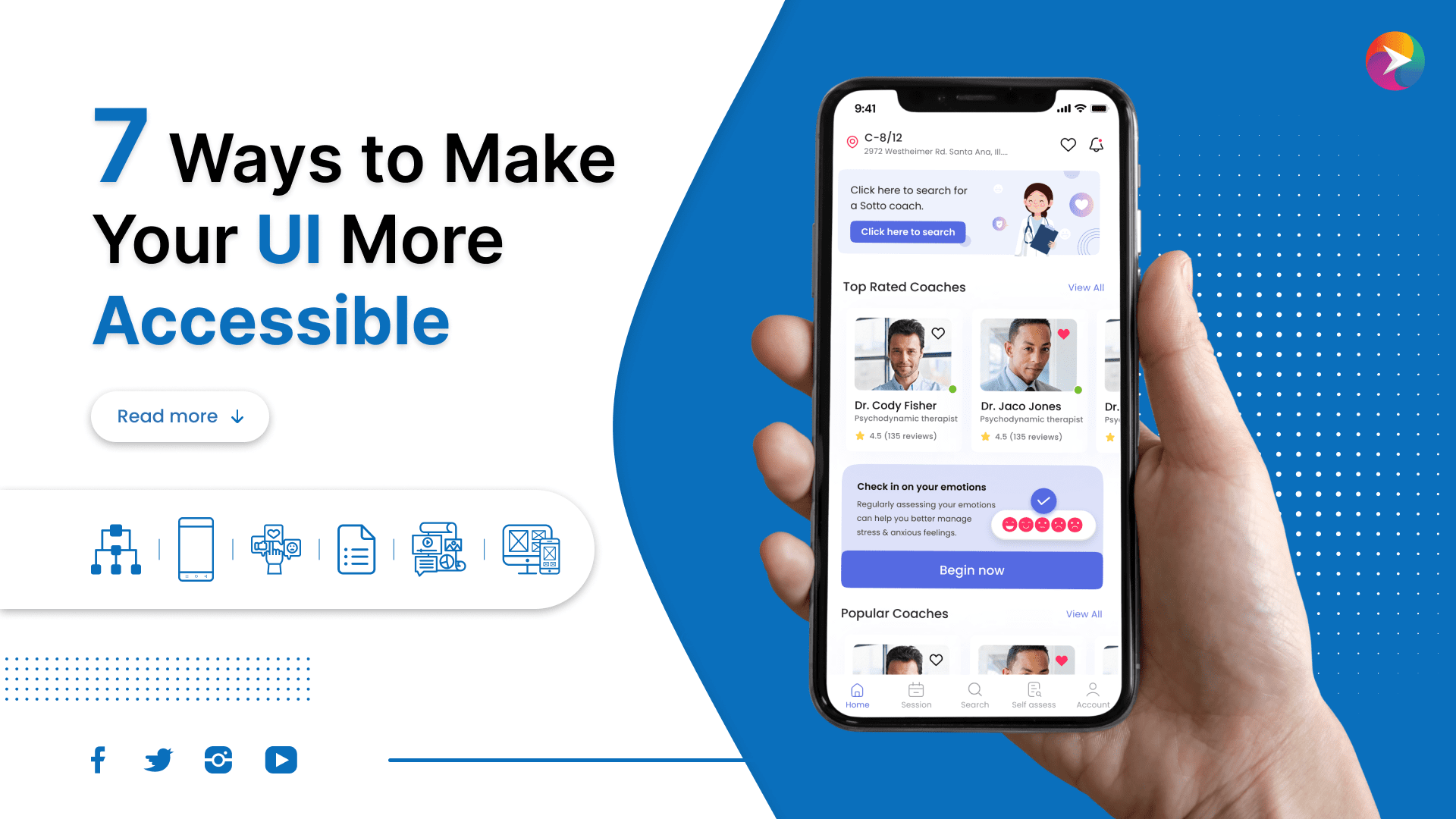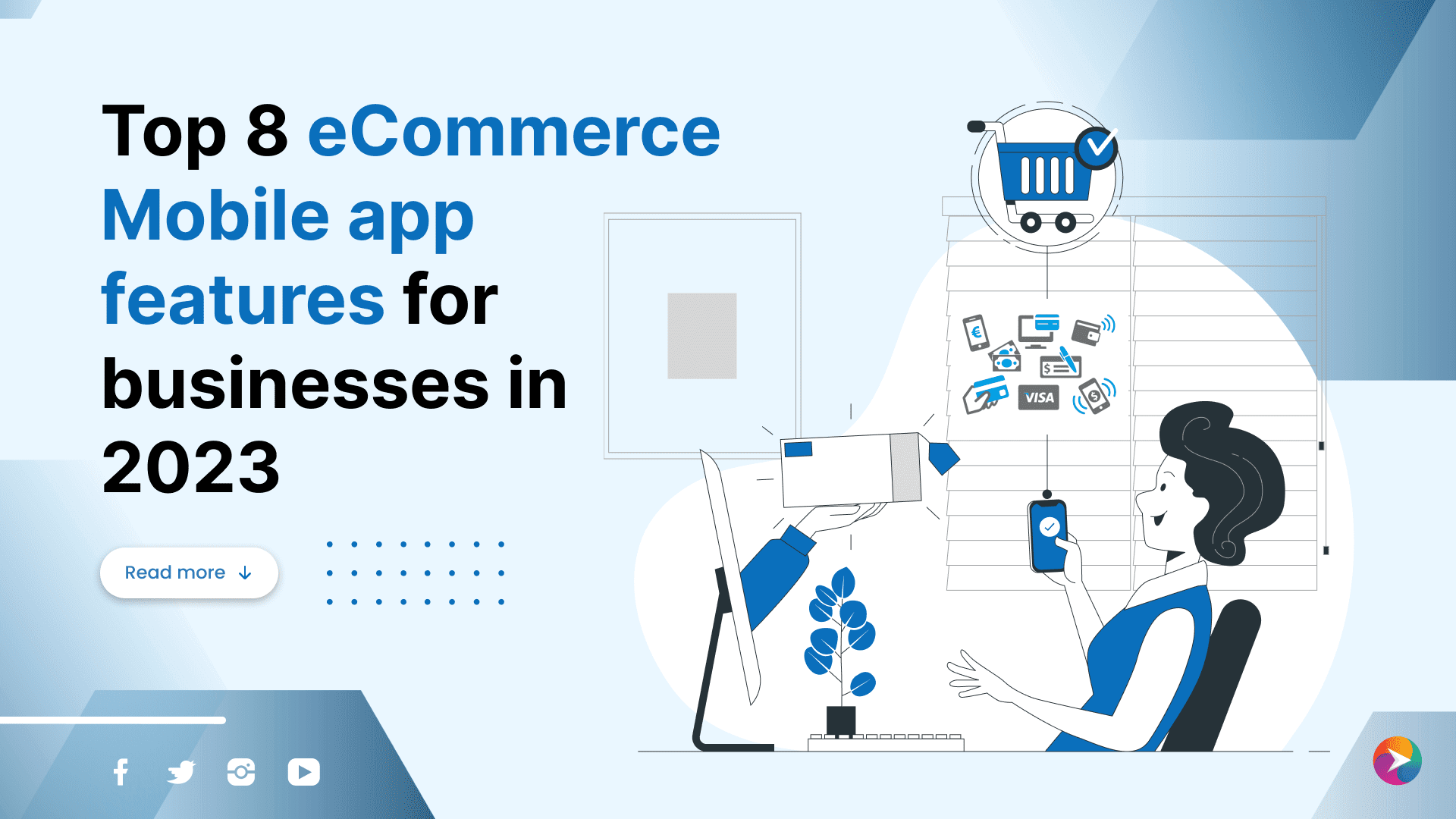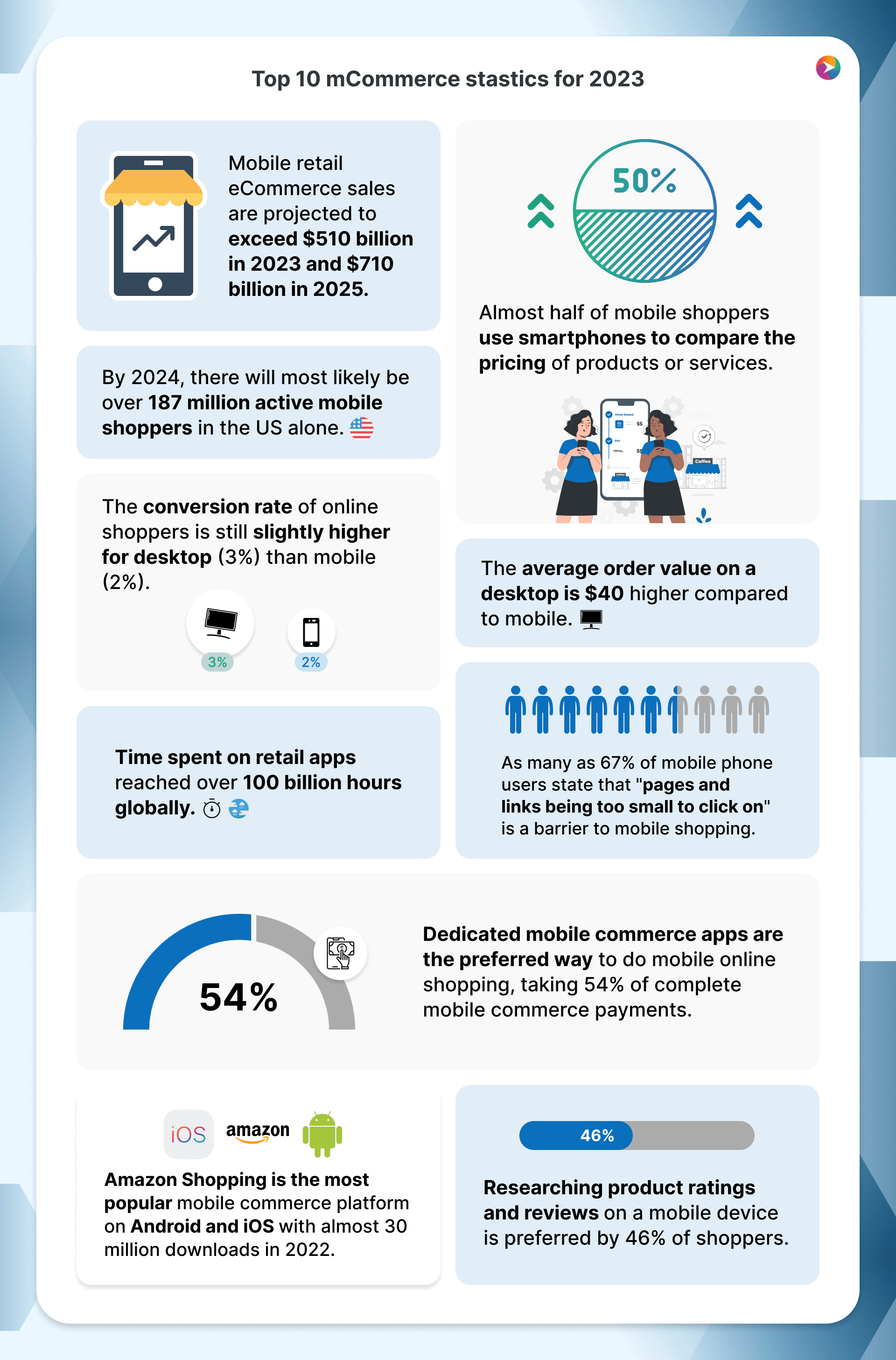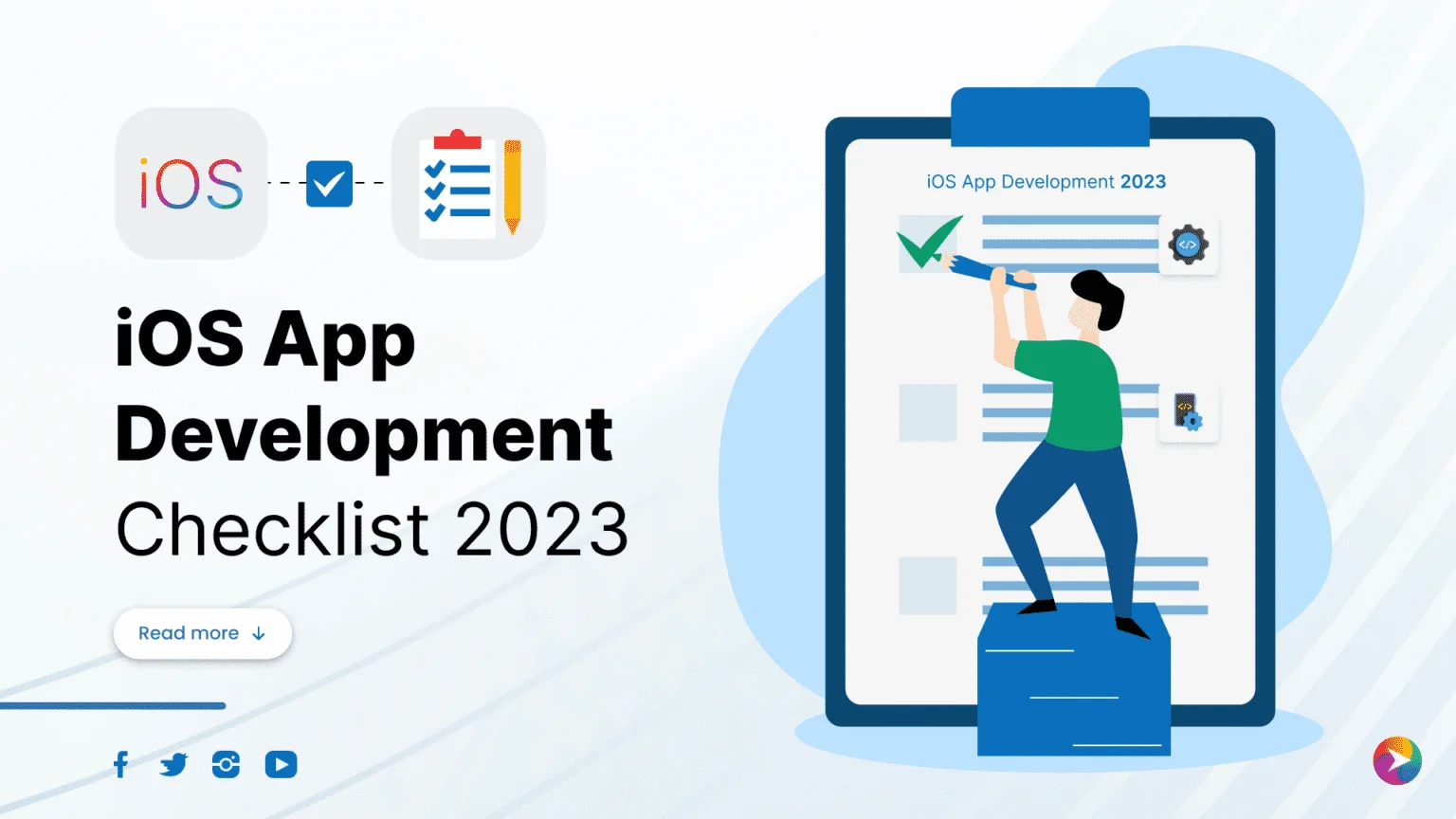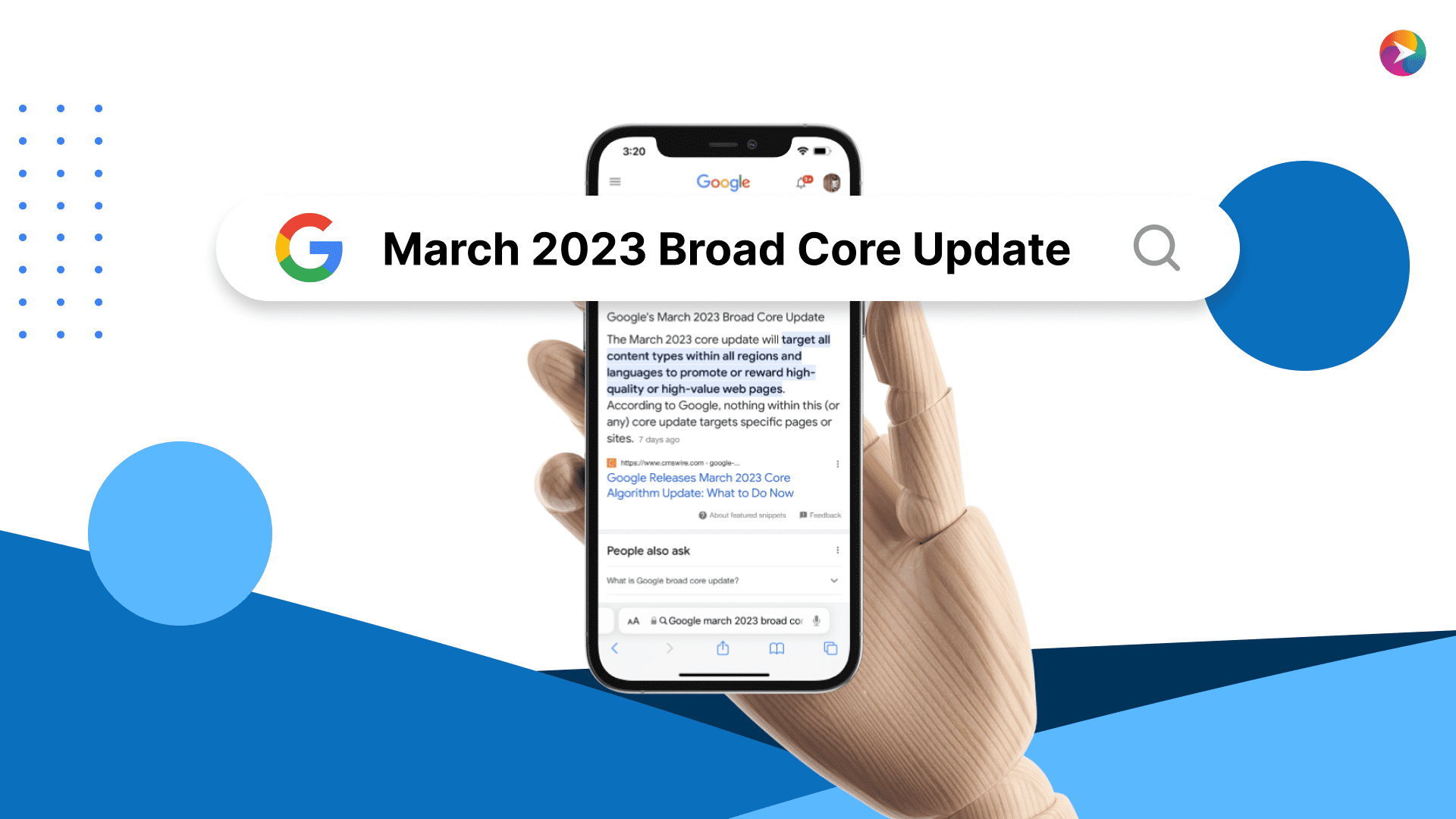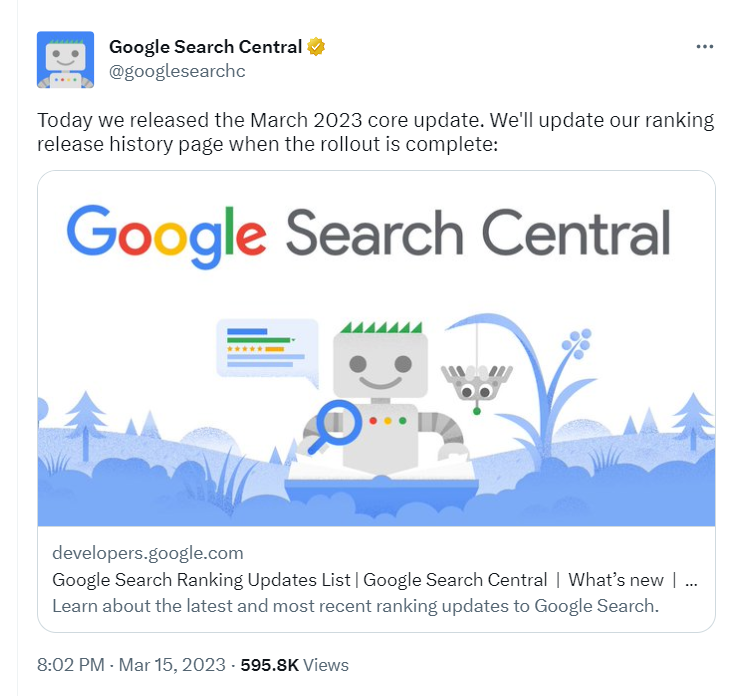In the ever-changing landscape of web development, choosing the right Database for your application is essential. With so many choices available, it can be difficult to select the one that best meets your app’s requirements. However, the success of your online application can be significantly affected by the database you choose. Whether it is a traditional relational database or a novel NoSQL solution, it is important to take into account factors such as the structure of the database, its scalability and the amount of data that must be stored.
To assist you in selecting the best solution for your needs, we’ve included some of the top databases for web apps below:
What is a Database?
A database is a place on a computer or a cloud server where an app’s data is gathered and organized. A database management system (DBMS) is used to manage databases in online applications.
Databases serve numerous purposes, such as:
- Creating, storing, managing, and updating data
- Executing queries
- Making quantitative estimations
- Displaying refreshed data
- Data access restrictions based on predefined criteria
The Global Enterprise Database Management System (DBMS) Market, which is expected to
reach USD 31.154 billion in 2021, is anticipated to increase at a CAGR of 21.92 percent to reach USD 124.728 billion by 2028.
Relational Database vs. NoSQL

A relational database, often known as a SQL database, stores data in tables and rows, also known as records. E.F. Codd of IBM coined the term “relational database” in his research paper “The Relational Model of Data in Large Shared Databanks” in 1970.
With the help of “keys,” a relational database links data from many tables together. Each row of data in a table can be given a key, which is a special identification number. When a record in another table has a connection to the primary record in the main table, that record may then contain this distinctive identifier, known as a “primary key”. The related table refers to this unique primary key as a “foreign key” when it is added to a record in another table. The “relationship” between records spread over various tables is thus established via the association between the primary and foreign keys.
On the other hand, NoSQL or non-relational databases do not require tables, fields, or records. The phrase “No-SQL” was first used in the late 1990s and early 2000s, although this form of the database has been around since the 1960s.
NoSQL databases operate and function entirely differently from SQL databases. It handles unstructured or semi-structured data. It consists of files inside different directories rather than tables. They can hold any type of data, including JSON, XML, etc. So, NoSQL makes it simple and quick to create and manage data.
Relational Database Use Cases
Relational databases are likely the better choice when:
- You want transactional data action.
- You need a powerful query language to retrieve data efficiently.
- To manage all security risks.
- You do not want your business invariants in your code.
NoSQL Use Cases
NoSQL databases are probably the preferable option when:
- You have a significant amount of data that is diverse.
- Scalability is of the utmost importance.
- Working with large amounts of data or performing real-time analytics
Top Relational Database Management Systems
MySQL
Relational database management systems like MySQL are popular open-source solutions. It is known for its stability, security, and ease of use in web-based applications. In addition to its support for Structured Query Language (SQL), it features transaction management, indexing, and data replication features. MySQL has a large and active community that helps keep the software up-to-date and bug-free.
Key features of MySQL database are:
- Open source software.
- Supports SQL.
- Offers data replication, transactions, and indexing.
- Known for ease of use, security, and stability.
- Great choice for web development solutions
PostgreSQL
The PostgreSQL Global Development Group created the PostgreSQL database in 1996, compatible with a variety of vaults, including macOS, Windows, Linux, FreeBSD, and OpenBSD. It supports both relational SQL queries and non-relational JSON-based queries. This database’s most recent version is from PostgreSQL 15.0. You can store information in the form of text, photographs, and videos. It is accessible without cost.
Key features of PostgreSQL
- Extremely reliable.
- Open-source.
SQLite
SQL light is a C-language package that implements a fully functional SQL database engine and is frequently used for general database management system requirements. The most used database engine in the world, SQL powers database systems on desktops and mobile devices.
Unlike other databases, it does not require installation or even configuration. Despite being straightforward, it contains many functions frequently used in mobile web development, such as react native, for database management systems.
Key features of SQLite:
- No setup or administration required.
- Single cross-platform disk file.
- Terabyte-size databases support.
- Simple-to-use API access.
- Cross-platform tool covering iOS, Android, Mac, Linux and more.
Microsoft SQL Server
Microsoft SQL Server is another popular relational database management system. This indicates that data is stored in tables, rows, and columns. The most recent version of this database was made available on November 16, 2022. C and C++ are the programming languages used to create it. Microsoft created this database in 1989. Operating systems, including Linux, Microsoft Windows Server, and Microsoft Windows, all operate nicely with it.
In addition to English, this database is also available in Chinese, French, German, Italian, Japanese, Korean, Portuguese, Russian, Spanish, and Indonesian.
Key Features of Microsoft SQL:
- Query store and troubleshooting
- Alter the stats of Live query
- Temporal Database support
- Extensive JSON support for Mobile and Web apps
- Data encryption
Oracle
The Oracle database was created by Oracle Corporation. This database’s most recent version is 19C. Automatic indexing, Hybrid Partitioned Tables, and JSON are all supported in this version. Oracle 19c employs machine learning algorithms for automatic indexing. Additionally, it offers every level of user security. Other benefits include performance, analytics, scalability, and availability.
Key features of Oracle
- High-performing
- Cost-effective
- Manages memory effectively
- Supports NoSQL and MYSQL
- Stability
Top NoSQL Database Management Systems
MongoDB
MongoDB is a non-relational document database. It offers flexible database modeling and storage similar to JSON for unstructured data. MongoDB was first released in 2007. 2022 saw the release of MongoDB 6.0, the most recent version. It has an easy installation process and offers customizable document schemas. It is one of the better alternatives to conventional databases.
Key features of MongoDB
- Easy installation method.
- Powerful analytics.
Redis
Redis is another popular Non-structural database or NoSQL database. It has a specific set of commands that it uses to finish carrying out operations. Redis is an in-memory and one of the most user-friendly databases. Programming languages like JavaScript, Python, Java, PHP, Perl, Go, Ruby, C/C#/C++, Node.js, and others are supported by this database. Additionally, this database uses Redis hashing, which is a hashing algorithm.
Key features of Redis:
- Performance surpasses MongoDB.
- Compared to other non-relational databases, it is incredibly quick.
FirebirdSQL
This free-to-use management system contains SQL relational databases. There are several platforms on which FirebirdSQL is popular, including Microsoft Windows, Linux, and macOS. Among its many features, FirebirdSQL offers excellent concurrency and high performance, as well as powerful language support.
FirebirdSQL Key Features:
- Multi-generation architecture
- Support of hybrid OLTP and OLAP applications.
- Developer-friendly
- Real-time monitoring and SQL debugging.
- Standard security.
Worldwide Stats


Final Thoughts
In conclusion, these are some of the top databases for web apps in 2023. Every database has its pros and cons, so it’s important for businesses to focus on their specific needs when selecting the best database for their web app. However, no matter which database you select from this list, you’ll need to make an informed choice that will ensure the longevity, sustainability and scalability of your web application.
If you’re unfamiliar with any of these databases, we’re here to help! A trusted cloud computing technology services partner like Apponward can help you to find the best alternative database for your web apps and grow your business.
 28/04/2023
28/04/2023

 Mobile Apps
Mobile Apps Web Apps
Web Apps Blockchain
Blockchain Digital Marketing
Digital Marketing Others
Others